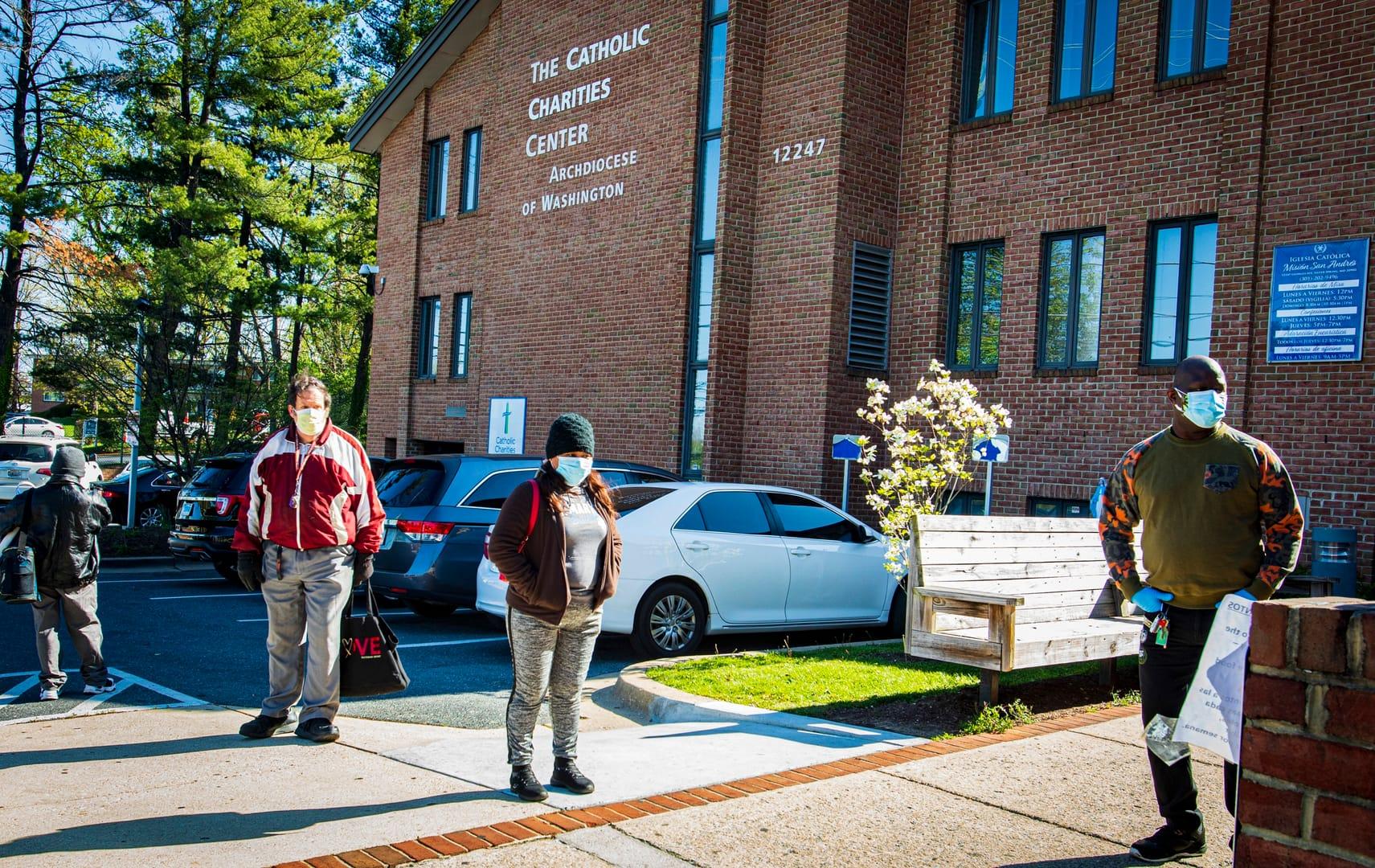Marriages are surviving the COVID-19 coronavirus pandemic, but are undergoing a lot of stress, especially among poorer couples.
According to the annual American Family Survey conducted by The Deseret News and Brigham Young University, around 34 percent of married couples say the stress in their marriage has increased due to the pandemic.
“Having experienced an economic crisis almost doubles the percentage of people who believe the coronavirus pandemic has increased stress in their marriage. On the strength of marriage question the number almost triples because of an economic crisis,” the poll says, adding that lower income individuals are twice as likely to question the strength of their marriage.
Gender differences were also revealed: Men tended to say they’re dividing household tasks 50-50; women say it’s more like 65-35. Men are also more likely to say the pandemic has affected their work-life balance.
However, the authors of the survey claim that during the pandemic, family ties have been the most important factor for dealing with the crisis.
“On the whole, family relationships appear to provide resources and support for navigating the coronavirus, not cause additional stress and difficulty. In this sense, families and relationships may be the lifeline through COVID-19, not the casualty of it,” the authors of the survey say.
Boyd Matheson, Deseret News Opinion Editor, sad this is the “silver lining” of the COVID-19 crisis.
“More than half (56 percent) of those surveyed have said the pandemic has made spouses appreciate their partner more. Only 1 in 10 disagreed,” he said.
The sixth annual survey polled over 3,000 people in July, and covered questions related to race, politics, the economy, and the COVID-19 pandemic.
The survey noted that Democrats and Republicans differed on what they considered the most important issues facing families.
“Democrats were substantially more likely than Republicans to regard economic issues as the primary challenge facing families — more than 8 in 10 Democrats mentioned economic challenges, compared to just over one third of Republicans,” the survey says.
“In contrast, Republicans tended to focus on culture and family structure. Partisans also differed in their perception that the coronavirus pandemic and racial inequality posed problems for American families. Nearly half of Democrats identified the pandemic as one of the most important issues facing families, compared to 20 percent of Republicans. Democrats and Republicans also differed in their beliefs about whether Black families face challenges that white families do not,” it continues.
When asked, “Do Black families in America face obstacles that white families don’t?” only 23 percent of white Republicans agreed, compared to 85 percent of white Democrats; interestingly, fewer nonwhite Democrats – 74 percent – said the statement was true.
Meanwhile, only 4 percent of Republicans said racial inequality is one of the top three most important problems facing families, compared to 33 percent of Democrats.
The family survey also noted that the pandemic seems to be making people more motivated to vote in the upcoming election.
“Simply looking across partisanship tells no real differences, but people who are expecting to vote for Joe Biden are substantially more interested in voting than are those planning to vote for Donald Trump. Unsurprisingly, the least motivated category are those who are undecided. Still, the results here should give the Trump campaign some pause with regard to how their messages are being received,” the document says.
The survey notes that recent events, such as the pandemic and Black Lives Matters protests, have made Biden supporters 61 percent more motivated to vote, compared to 53 percent of Trump supporters.
“Though a broad cross-section of the responses suggest that this moment has been politicized in various ways, the results, including dissatisfaction with the government, point towards difficulties for President Trump’s reelection this November,” the survey says.
However, the survey noted some areas in which both Democrats and Republicans agreed, including on economic help during the crisis.
“Large majorities of both Republicans (72 percent) and Democrats (77 percent) believed that relief checks to families were helpful government policy, and two-thirds of partisans also agreed about the helpfulness of small business support. At the same time, most Americans of both parties agreed that the government should not help large businesses or postpone elections.,” the survey says.
In addition, most Americans also favor price controls and the suspension of rent or housing payments as well as guarantees for jobs.
The American Family Survey also confirms other recent polls showing a growing divide between the parties when it comes to faith voters.
When asked if a decline in religious faith and church attendance was an important factor facing families, 44 percent of Republicans agreed, compared to 5 percent of Democrats.
When asked if religion was an important part of their identity, 67 percent of white conservatives agreed, while only 17 percent of white liberals. Although other key demographics for the Democrats saw religion as much more important than white liberals: 57 percent of Blacks and 46 percent of Hispanics.
Follow Charles Collins on Twitter: @CharlesinRome













